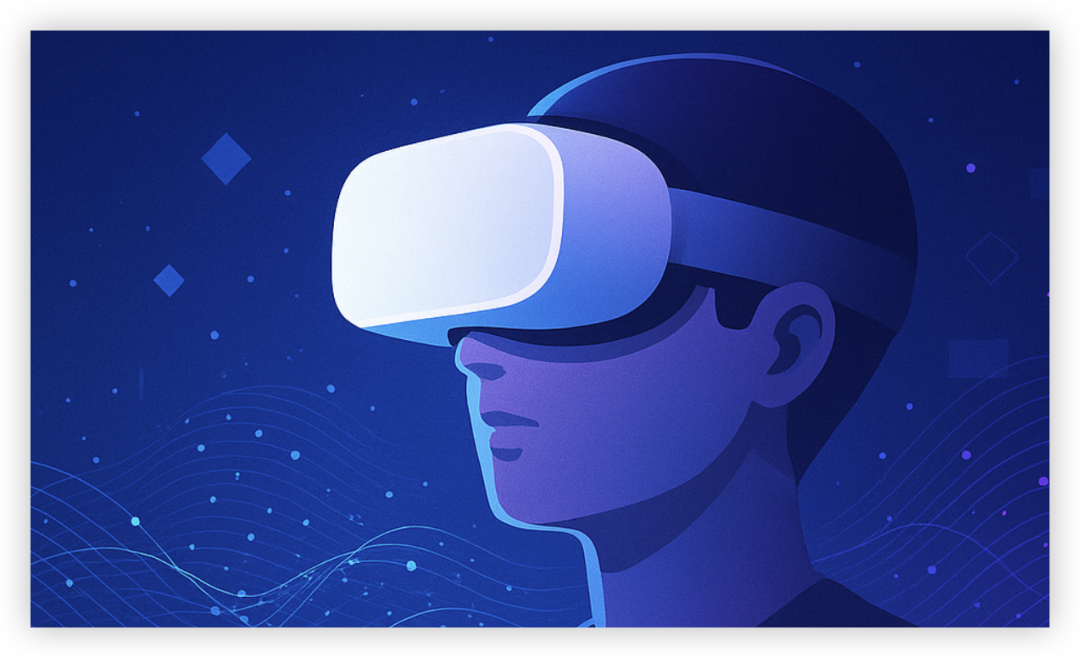AR/VR Market Rebounds Strongly! IDC's Latest Report Reveals a New Industry Landscape

Introduction
Remember the once-quiet AR/VR market? Now, it's staging a dramatic comeback. According to IDC's Global AR/VR Headset Quarterly Tracker, AR/VR device sales grew 18.1% year-on-year this quarter, signaling a strong rebound.
This rebound isn't accidental—it's driven by new tech waves, shifting consumer preferences, and more brands joining the competition.
Market Recovery: What Does IDC Data Reveal?
IDC data shows a clear recovery in the AR/VR headset market this quarter, thanks to new entrants and rising consumer demand. Meta continues to lead, holding a 50.8% market share and dominating the sector.
Meanwhile, newcomers like XREAL and Viture are making waves. Viture, in particular, has become a "dark horse" with a 268.4% annual revenue growth rate, thanks to its innovative smart glasses.
The Rise and Shift of Pure VR and AR
In recent years, pure VR devices were market darlings, with Meta, HTC, and Sony leading the charge. But IDC's research shows these devices will gradually decline in the coming years. Pure AR devices, once highly anticipated (especially with Microsoft's HoloLens), now only hold a small market share.
IDC Research Director Ramon T. Llamas notes: "We're seeing a shift from 'pure' to 'hybrid'—the future mainstream will be mixed reality (MR)."
Newcomers Rise, Industry Landscape Shifts
With the market heating up, not only are traditional giants active, but many new brands are entering, driving further segmentation. Viture's lightweight design is winning fans, and TCL is also surging with 91.6% growth.
Interestingly, Apple is absent from the top five. IDC says this is because demand is shifting toward optical see-through smart glasses, an area where Apple hasn't yet made a move.
Future Direction: The Rise of MR and Android XR
IDC predicts future growth will be driven by mixed reality (MR). At Google I/O, the Gemini AI framework and Android XR platform were unveiled, aiming to build an ecosystem compatible with various XR devices. Google's Android XR team lead Shahram Izadi said: "We believe XR devices will become as indispensable as smartphones."
Meanwhile, Apple Vision Pro keeps evolving, with visionOS 26 enhancing spatial computing and AI integration—injecting new energy into the XR market.
Conclusion: From Meta to Google to Apple, the XR Ecosystem is Rapidly Evolving
From Meta to Google to Apple, the entire XR ecosystem is being rapidly restructured. While short-term challenges like product delays and tech bottlenecks remain, the long-term outlook is full of possibilities.
With advances in AI, Android XR, and MR, the AR/VR industry is undergoing a sweeping transformation. Are you ready for this immersive revolution?
分享文章
3篇相关文章
IDC Report: AR/VR Market Grows 18% Year-on-Year, Smart Glasses Take Center Stage!
2025-06-20
Hello everyone, it's your old friend the Metaverse Detective! IDC's latest survey report is out, so let's take a look together. According to the authoritative market research firm IDC, the global AR/VR headset market has finally rebounded, ushering in a long-awaited 'second spring.'
Farewell Adobe Aero: Where Does the AR Creation Path Lead? Deep Analysis of Service Shutdown Impact and Efficient Alternatives!
2025-08-14
Adobe Aero is about to shut down, causing shockwaves in the AR creation community. This article provides deep analysis of the shutdown impact and practical alternatives for users to help you transition smoothly and continue on your AR creation journey.
Cadillac's 'Vision' Opens Wide: How AR-HUD Technology Reshapes Future Driving Experience?
2025-08-13
General Motors' Cadillac brand is about to introduce revolutionary AR-HUD technology, which is not just a simple upgrade, but a disruptive beginning of future driving experience.